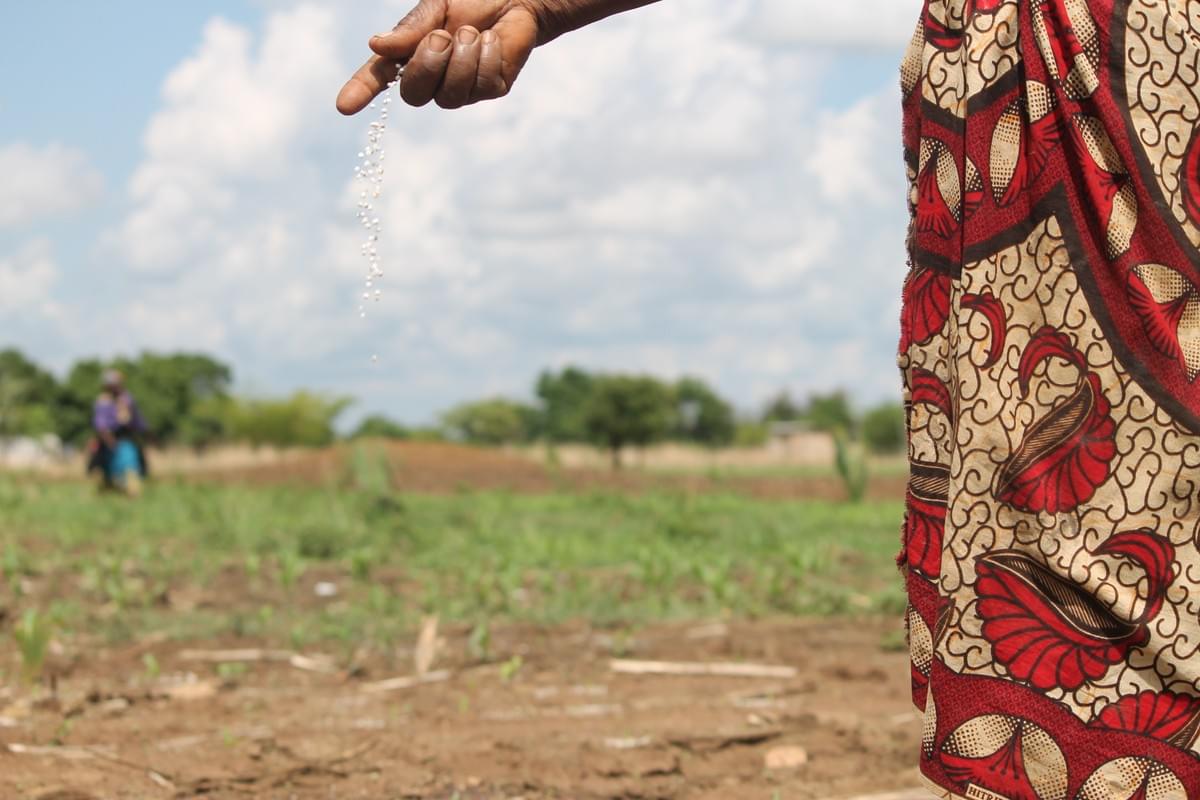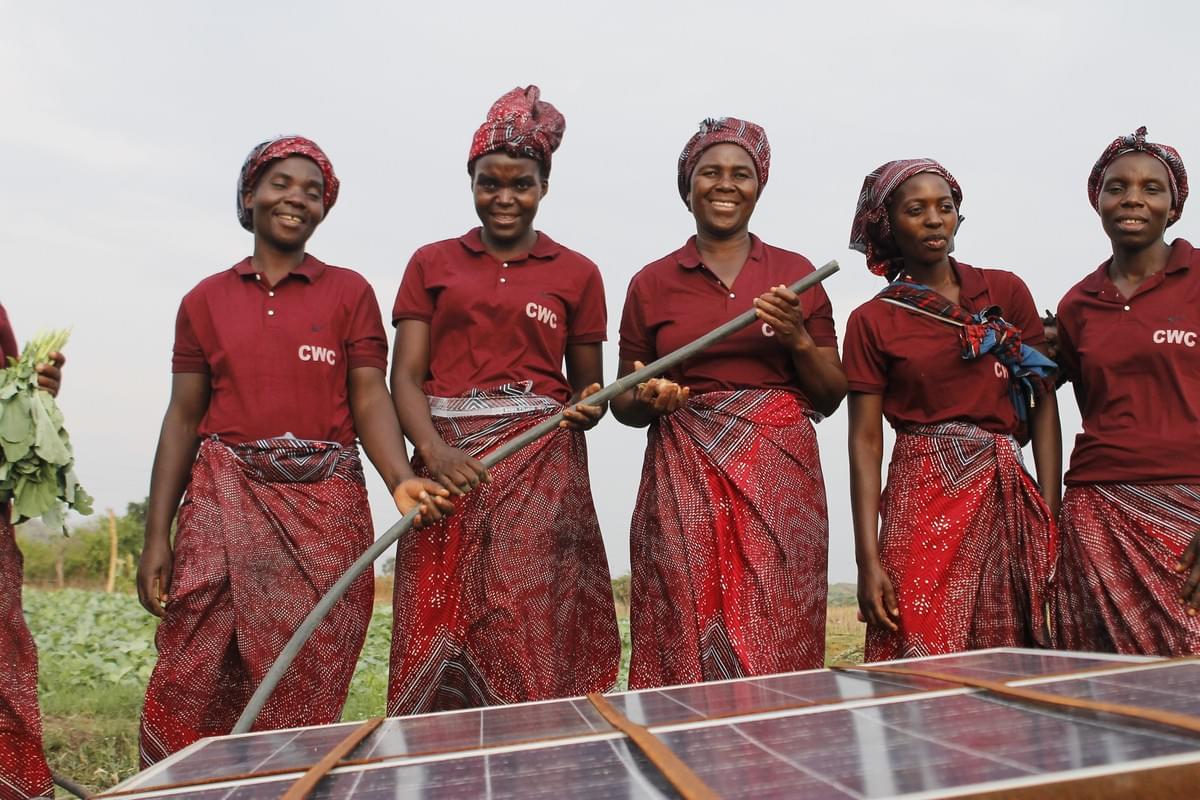Here at The Harvest Fund, we are motivated to spread agricultural knowledge, technologies, and advancements to rural women in Zambia that otherwise have limited or lack of access. To help provide these women farmers and their families with healthier, happier lives, we use multiple approaches such as climate smart agriculture (CSA) and regenerative agriculture. But what do these terms mean?
Climate Smart Agriculture
Being climate-smart enhances the adaptability of agricultural systems, in response to the climate crisis. The main reason for the climate crisis is the release of carbon dioxide and other gases into the air. These gases get trapped through the greenhouse effect, and cause more extreme weather events such as floods, droughts and heatwaves. The main objective of CSA is to improve current food, nutrition and income security that will help promote present and future adaptation, mitigation and resilience.
Regenerative Agriculture
Regenerative agriculture incorporates local ecology and environmental conservation science to achieve higher crop success and yields.
This is done by:
- Promoting healthy soil
- Selecting the most optimal crops for success in that environment
- Restoring groundwater reserves for irrigation
- Decreasing the number of harmful emissions
Reducing emissions occurs through the plant’s ability to draw carbon, nitrogen, and other nutrients back into the soil and keep it there for future crops and plants.
How The Harvest Fund Utilizes Climate-Smart and Regenerative Agriculture
Here at The Harvest Fund, we provide four leading agricultural technologies that all fall under climate-smart agriculture and one that also falls under regenerative agriculture.
1. Hermetic Storage
Grains are stored in moisture-controlled containers, which restrict gas exchange and help control pests and fungi by reducing the amount of oxygen that is circulated in the containers. 40 percent of crops are lost to pests and pathogens each year. Therefore, hermetic storage is an excellent technology for food security and can also triple yearly income. Not only are these benefits substantial, but the bags can also be reused for 3 years, promoting a more sustainable lifestyle by reducing food and plastic waste.

2. Solar-Powered Irrigation
Pump irrigation directly supplies crops with water, where remote farmers can tap into an underground water supply. Zambia’s rainy season lasts approximately four months per year, which is a reason why farmers mostly engage in seasonal agriculture. Solar-powered irrigation systems offers an opportunity for year-round crop production. Without solar irrigation, farmers would require diesel-powered irrigation, which releases harmful pollutants into the air and contributes to climate change. Solar-powered irrigation provides access to clean, reliable and affordable energy. Now, our farmers can access clean energy AND water year round.
3. Soil Testing
Soil tests identify missing nutrients that can be restored through targeting or blending fertilizers. Since this technology tackles the causes of climate change by enhancing soil fertility, carbon storage, and groundwater reserves, it also is a form of regenerative agriculture. Soil testing provides an opportunity for targeted remedial intervention, which not only doubles yields but ALSO provides our marginalized female smallholders with much more food for their families and the market.
4. Solar-cold Storage
30-40 percent of production is lost through post harvest losses before reaching the market due to crop spillage, insufficient post-harvest storage, crop processing, and transportation. Solar-cold storage reduces food loss during the time between harvesting and being sold, throughout all the different stages of handling and transportation. Solar-cold storage enables rural farmers to reduce their food loss particularly because they don't have the electricity or money to store their fresh crops.
Despite the promise of these tools, the most crucial component is education and continuous support. That's why we go beyond buying and delivering tools - we provide support to transform the lives of Zambian female farmers for a better and brighter future.
Climate Smart Agriculture’s Positive Impact on Farmers and the Environment
In addition to the tools that we provide our women’s farming cooperatives, we provide intense conservation agriculture training. All of the following practices promote soil health:
- Crop rotation
- Minimum tillage
- Soil coverage with crop residue
By Implementing CSA, our farmers are able to:
- Have more successful crop yields
- Be more food secure
- Reinvest their money into their families
- Live healthier and happier lives
The environment will also benefit by:
- Enhancing soil biodiversity
- Increasing soil microfauna
- Decreasing carbon emissions
- Slowing climate change
Therefore, CSA is a win-win solution that can improve everyone’s well-being.




